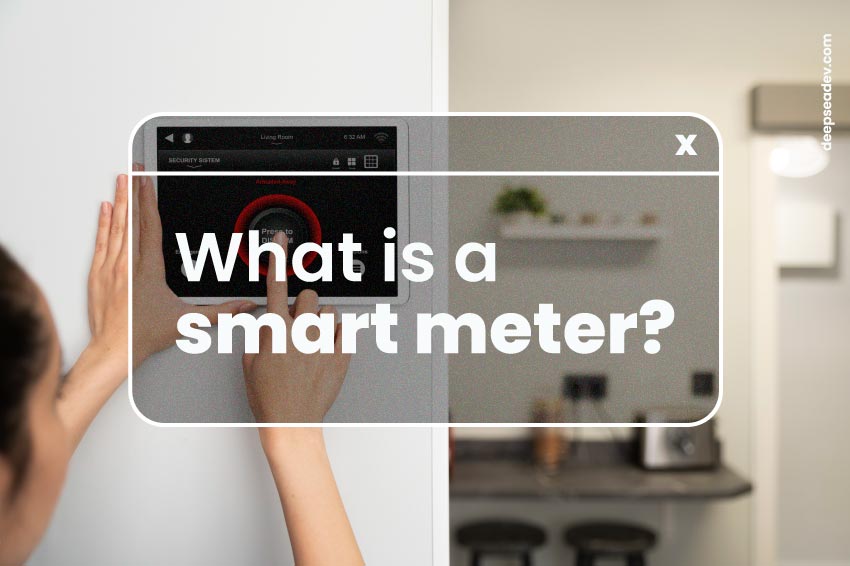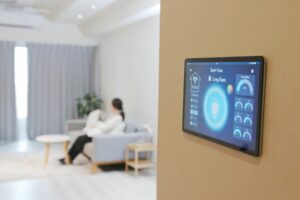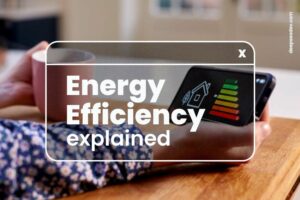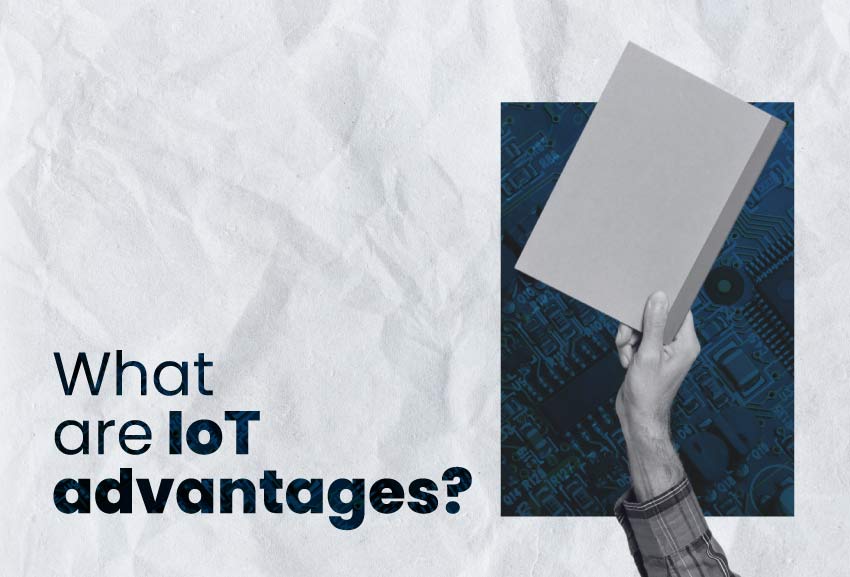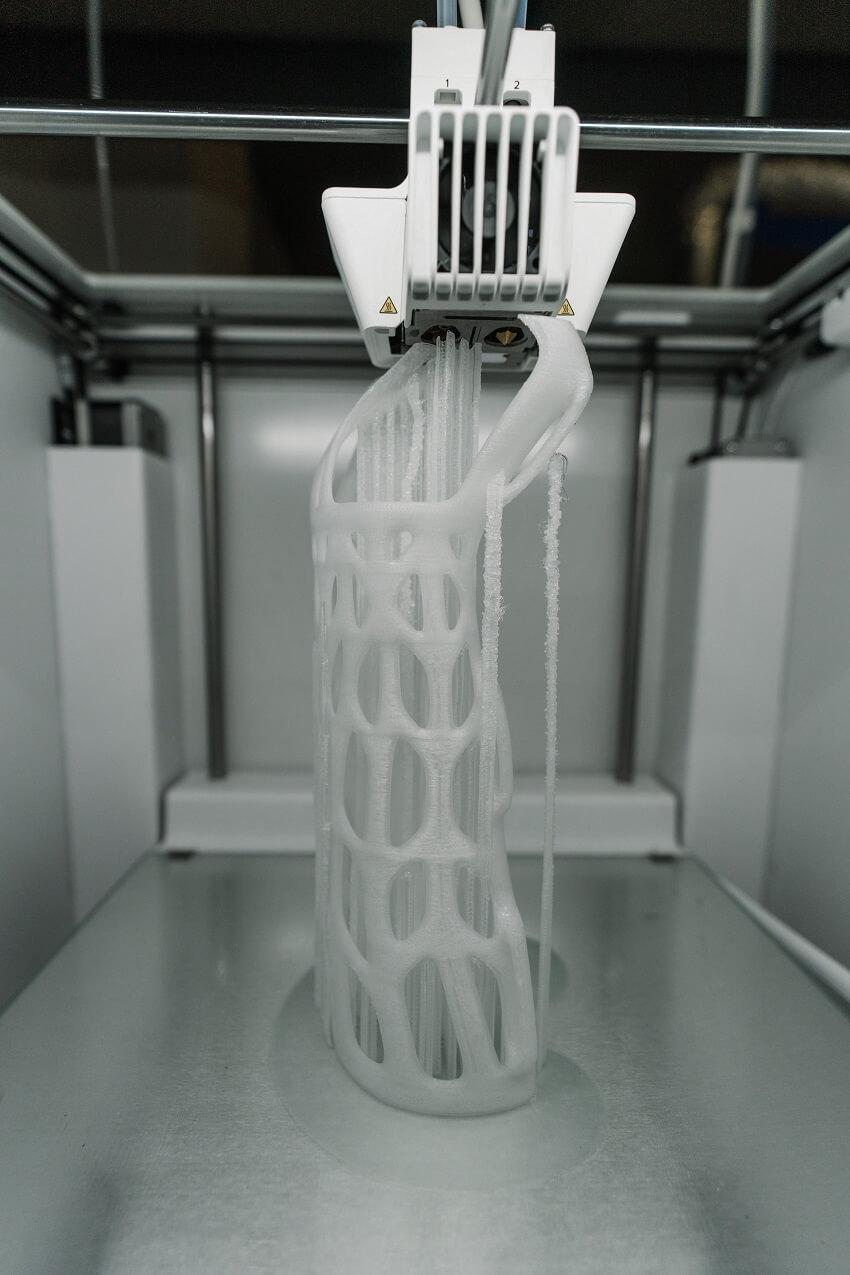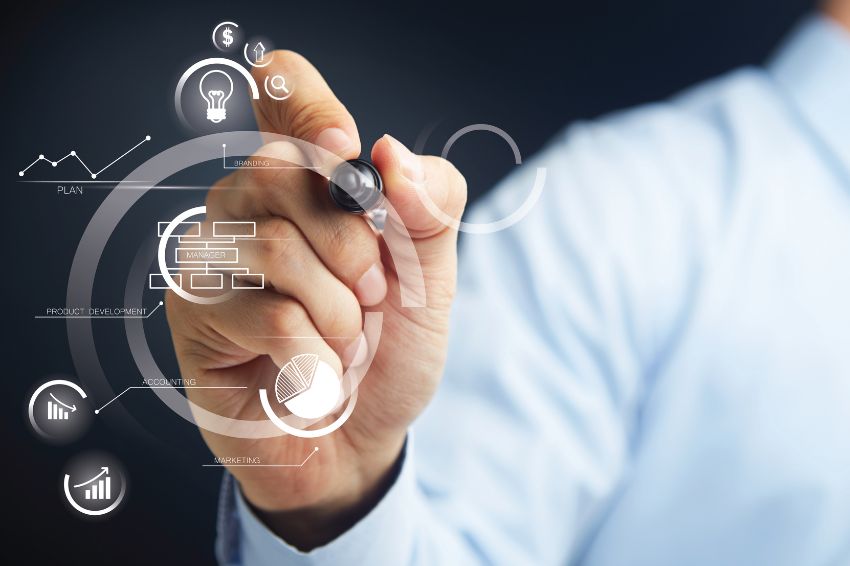What is a smart meter? It is a vital component for monitoring and managing the status of the electricity grid. Its primary purpose is to enhance the performance and service quality provided to customers (see IoT energy solutions).
Additionally, smart meters empower consumers by enabling them to gain insights into how their consumption habits influence their electricity bills. With this information, consumers can effectively manage their energy usage by selecting the most appropriate tariff for their needs and implementing energy-efficient measures to reduce consumption levels.
Moreover, smart meters play a pivotal role in promoting the adoption of decentralized electricity generation. This not only grants customers the capability to generate their own electricity but also aligns with the broader strategy to mitigate the carbon footprint and combat the effects of global warming.
Types of smart meters
Electrical smart meters
What is a smart meter for electricity? Well, these are electrical smart meters, also known as electricity meters. People can monitor the amount of electricity consumed in a home or business.
They measure kilowatt-hours (kWh), providing precise data that can help homeowners track their electricity usage. These smart meters can be monitored from distance, which means the homeowner can check his phone or mobile app to check the energy consumption.
Gas smart meters
Gas smart meters, also known as natural gas meters, track the consumption of natural gas in residential and commercial properties.
Similar to electrical smart meters, they transmit usage data to utility companies wirelessly or through power lines, ensuring accurate and timely readings.
Are smart meters trustworthy?
A common concern among consumers is the reliability and security of smart meters. Let’s address some of these concerns:
Smart meters accuracy
Smart meters are renowned for their accuracy when measuring energy consumption. Unlike older analog meters, which may become less precise over time, smart meters maintain their accuracy throughout their lifespan.
This precision benefits both consumers and utility companies by eliminating billing discrepancies and promoting fair usage of the smart energy device.
Data Security
Smart meters employ robust encryption IoT protocols to protect the data they transmit. Utility companies invest heavily in securing the data collected from smart meters, ensuring it remains confidential and inaccessible to unauthorized individuals.
However, it is essential for consumers to stay informed about the security measures in place to safeguard their data. Like maintaining strong passwords, or avoid connecting to public wifi spots for checking the mobile app that monitors the smart energy device.
What Are Smart Meters Used For?
Besides tracking energy consumption and promoting savings, smart meters serve various other purposes:
Grid management
Utility companies use data from smart meters to monitor and manage their electrical grids more effectively. This data helps identify and respond to power outages, reduce system losses, and optimize energy distribution.
Renewable energy integration
Smart meters play a crucial role in integrating renewable energy sources, such as solar panels and wind turbines into the grid.
By monitoring energy generation and consumption, smart meters enable homeowners to feed excess energy back into the grid or store it for future use; for instance, it can be used for EV charging.
Environmental impact
It’s no surprise that we live in an era where there is more awareness around utilizing greener technologies. People who install smart meters at home will contribute to energy conservation and reduce peak demand, thus, there is a potential decrease in greenhouse gas emissions.
The future of smart meters
Global energy concerns continue to dominate headlines, this is why the future of smart energy meters is becoming increasingly vital for both businesses and consumers.
Remember, smart meters are crucial for monitoring the consumption of water, gas, and electricity. And they offer a smarter and more sustainable approach to resource consumption.
Electricity management not only promises to be remarkably rewarding, but also results in significant cost savings for homeowners and companies. Which is why the interest for building and selling new smart meters is increasing over time.
More IoT energy use cases
Savings From Solar Panels
In an era of rising energy costs and growing environmental...
Leer másBenefits of IoT in Energy Management
If you have seen or heard about IoT energy solutions,...
Leer másUnderstanding Home Energy Management
IoT energy solutions have raised curiosity in homeowners to look...
Leer másEnergy Efficiency Explained
Energy efficiency has emerged as a crucial approach for reducing...
Leer más
